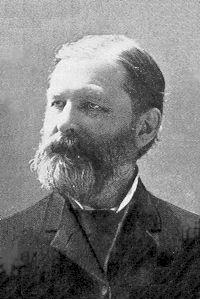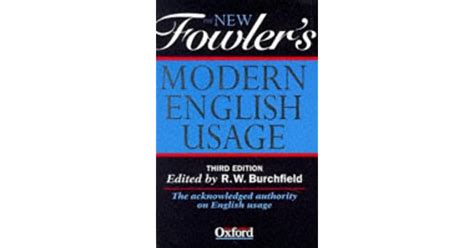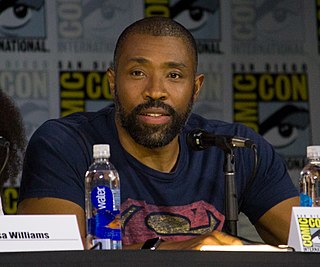A Quote by Stephen King
In many cases when a reader puts a story aside because it 'got boring,' the boredom arose because the writer grew enchanted with his powers of description and lost sight of his priority, which is to keep the ball rolling.
Related Quotes
I wouldn't have thought that the techniques of story-telling, which is what the novel is after all, can vary much because there are two things involved.There's a story and there's a listener, whose attention you have to keep. Now the only way in which you can keep a reader's attention to a story is in his wanting to know what is going to happen next. This puts a fairly close restriction on the method you must use.
Quotation... A writer expresses himself in words that have been used before because they give his meaning better than he can give it himself, or because they are beautiful or witty, or because he expects them to touch a cord of association in his reader, or because he wishes to show that he is learned and well read. Quotations due to the last motive are invariably ill-advised; the discerning reader detects it and is contemptuous; the undiscerning is perhaps impressed, but even then is at the same time repelled, pretentious quotations being the surest road to tedium.
It is easier for the reader to judge, by a thousand times, than for the writer to invent. The writer must summon his Idea out of nowhere, and his characters out of nothing, and catch words as they fly, and nail them to the page. The reader has something to go by and somewhere to start from, given to him freely and with great generosity by the writer. And still the reader feels free to find fault.
The ear is the only true writer and the only true reader. I know people who read without hearing the sentence sounds and they were the fastest readers. Eye readers we call them. They get the meaning by glances. But they are bad readers because they miss the best part of what a good writer puts into his work.
It is only the basest writer who cannot speak of the sea without talking of "raging waves," "remorseless floods," "ravenous billows," etc.; and it is one of the signs of the highest power in a writer to check all such habits of thought, and to keep his eyes fixed firmly on the pure fact , out of which if any feeling comes to him or his reader, he knows it must be a true one.
I didn't really know of 'Black Lightning' until I got the script and started to investigate - it wasn't a hero that I grew up with. So I didn't know if his powers were natural or if it was the suit, but those things are, for me, very important. I really like the idea that his powers are his - that whether he has the suit or not, he has them.
The analytical writer observes the reader as he is; accordingly, he makes his calculation, sets his machine to make the appropriate effect on him. The synthetic writer constructs and creates his own reader; he does not imagine him as resting and dead, but lively and advancing toward him. He makes that which he had invented gradually take shape before the reader's eyes, or he tempts him to do the inventing for himself. He does not want to make a particular effect on him, but rather enters into a solemn relationship of innermost symphilosophy or sympoetry.
The poet is never inspired, because he is the master of that which appears to others as inspiration. He does not wait for inspiration to fall out of the heavens like roasted ortolans. He knows how to hunt...He is never inspired because he is unceasingly inspired, because the powers of poetry are always at his disposition, subjected to his will, submissive to his own activity.
I played sports. The acting thing was just a direct blessing from the Lord, because I lost my discipline to play sports, and I had this really cool professor grab me and kind of take me under his wing, and the ball just started rolling. Another professor introduced me to my first agent, and the next thing you know, I got to start doing films.



































